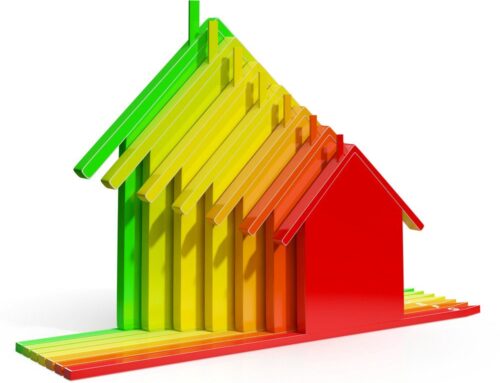Solar panels have gained popularity in recent years. In fact, U.S. solar installations have grown seventeen-fold in the last 12 years, from 1.2 gigawatts (GW) to nearly 30 GW today, which is enough to power 5.7 million homes. Solar power comes with multiple benefits, including saving money and the environment. If you’re on the fence about going solar, read on to see if it could be right for your home.
What’s your climate?
Many people think that solar panels won’t work if they live somewhere cold or cloudy; however, the opposite is true. Solar panels are designed to work in any type of weather. The color of the panels and the angle of installation can melt snow quickly and capture the slightest rays. In fact, solar panels work better in cooler weather—efficiency decreases when the temperature climbs to 87 degrees or higher.
Are local electricity rates going up?
If electric company rates are rising in your area, it could be a good idea to consider solar installation. There won’t be any surprises or fluctuations like there are in utility bills with solar energy. Solar installation is also beneficial if your utility bill is above $75 each month.
What type of roof do you have?
It’s important to consider the type of roof you have before you can know if solar panels will be right for your home. They work best on south or west facing rooftops, but can also work on east facing roofs. A roof pitch of about 30 degrees is ideal, and there should be an area to install panels that aren’t obstructed by a chimney, skylights, overly tall trees, or neighboring buildings. You will also need a large enough roof to hold the right sized panels. Contact a solar company to find out what the requirements would be to accommodate the size of your home.
Is it allowed where you live?
Some areas will require a special permit to install solar panels on your home. Check with your city or county building department to find out. If you have a homeowners association, you will want to make sure solar installation is allowed in your neighborhood.
Is it affordable?
The average cost of solar installation can be anywhere from $10,000 to $15,000. However, you will also be eligible for a tax credit if you install solar panels before 2021. Perhaps the biggest advantage is that you will have lower utility bills as a result. You can often find local and state rebates, as well.
Are you environmentally conscious?
If you’re environmentally conscious, you may want to consider seeing what a solar panel company can do for you. If PV panels were installed in just 0.6% of U.S. land area, there would be enough electricity to power the entire nation. There are also options beyond solar panels to reduce your carbon footprint, including off grid energy storage or swimming pool solar heating.
Do you plan to move?
Whether you’re planning a move or want to stay in your home forever, solar installation can be a good investment. Solar panels can appeal to a wider range of buyers and increase your property value. If you’re not planning to move, you will reap the benefits of having a solar powered home.
While solar installation might not be for everyone, it certainly comes with a lot of benefits. The price of installing it is lower than it’s ever been, you can save money in the long run, and you can reduce your carbon footprint. Talk to a local solar company to see if your home is a good candidate for panels.


 Solar Company
Solar Company 



